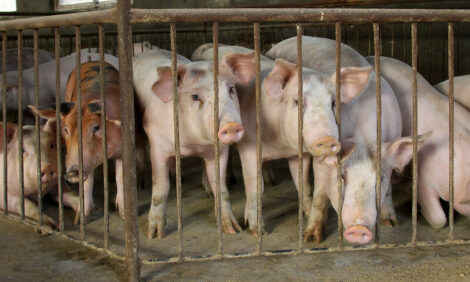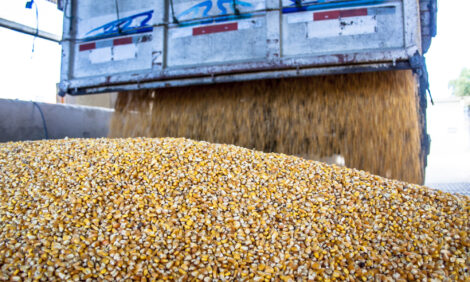



JBS' Seara brand for chicken products performs well
Asian demand for JBS beef to remain strongJBS SA, the world's largest meatpacker, is bullish on the outlook for beef sales to Asian countries, mainly China, as per-capita beef consumption in the region remains low, reported Reuters.
Speaking on a conference call to discuss second-quarter results, Chief Executive Gilberto Tomazoni said JBS, with its many export platforms, was in a good position to cater to that demand.
"The rise in beef imports is structural in Asia given the improvement in (consumers') purchasing power," Tomazoni said.
JBS exports beef from plants in Brazil, Australia and the United States.
The company also processes pork, chicken and fish products in multiple countries.
On Thursday, JBS reported a fall in net profit, citing a relative weakness of its US beef and pork businesses.
Its shares were down 1.57% to 30.72 reais in mid-morning trading on Friday.
"The fall of margins in US beef operations was almost entirely compensated by the other business units," Tomazoni said.
JBS reported net revenue almost 8% higher at 92.2 billion reais for the last quarter, while overall operating margins remained in the double digits.
US beef operations were partly affected by a lack of animal supply for processing, though beef exports from the United States are expected to be a record this year, Tomazoni said.
Pork sales, on the other hand, are expected to reflect lower demand from China, where hog herds are growing again after an outbreak of African Swine Fever in 2018.
In Brazil, JBS' Seara division was able to increase prepared foods products prices, boosting profitability.
"Seara surprised even the most upbeat," Credit Suisse said in a note to clients. Seara's 14.1% operating margin was a record, analysts said.
JBS executives said Seara's price rises helped offset cost inflation, but also reflected a better product mix of sales.
Brazil's ongoing government cash transfer programs should also boost food sales in JBS' home country, executives noted.







